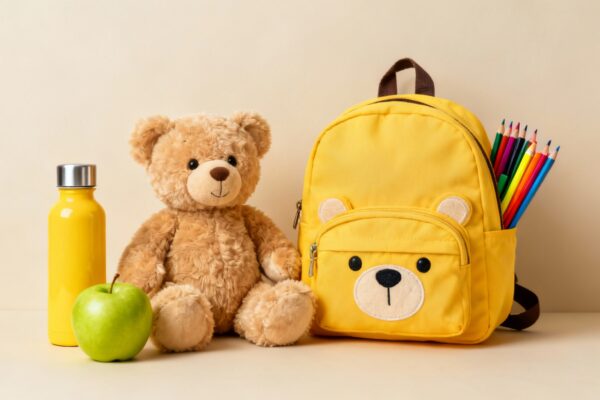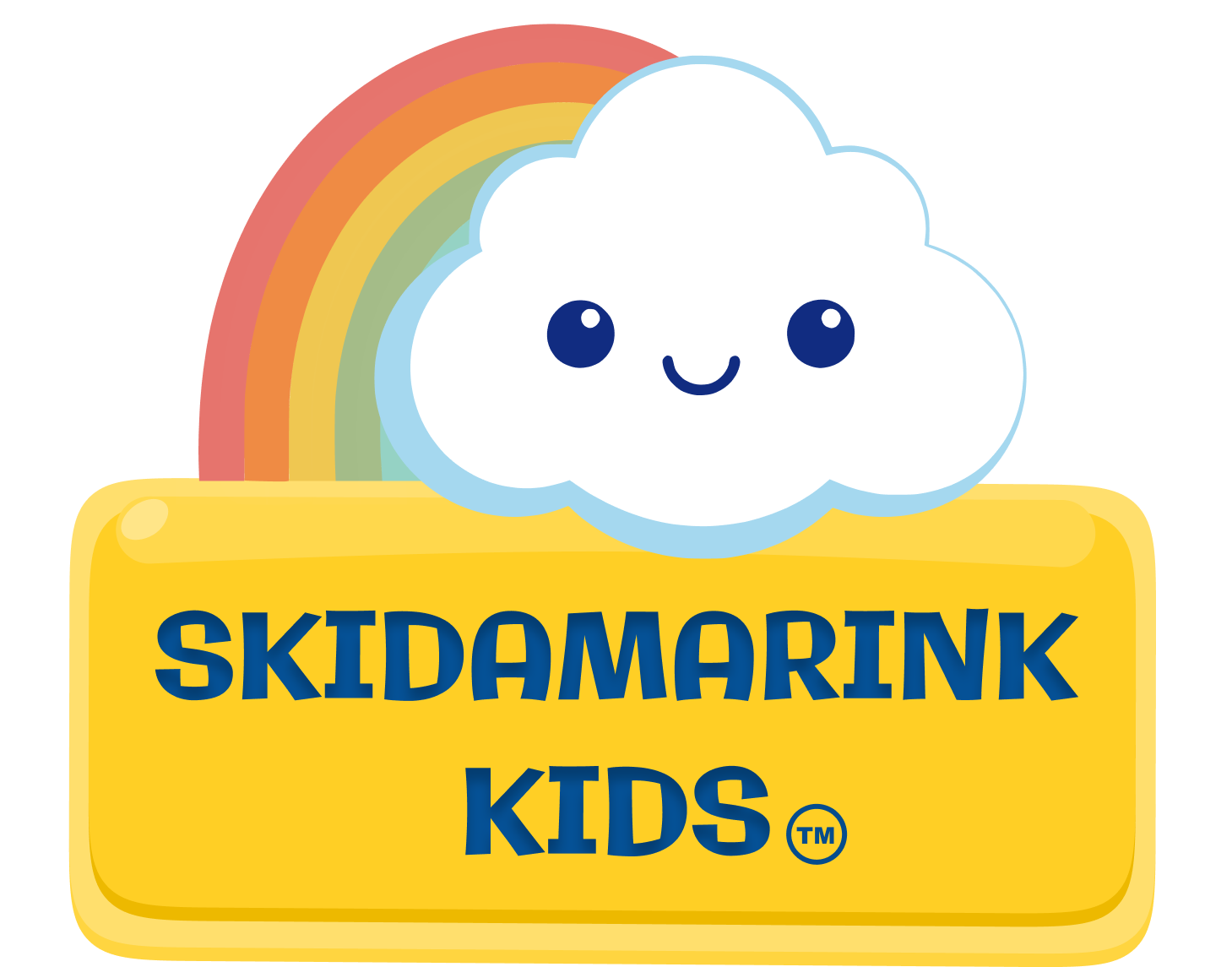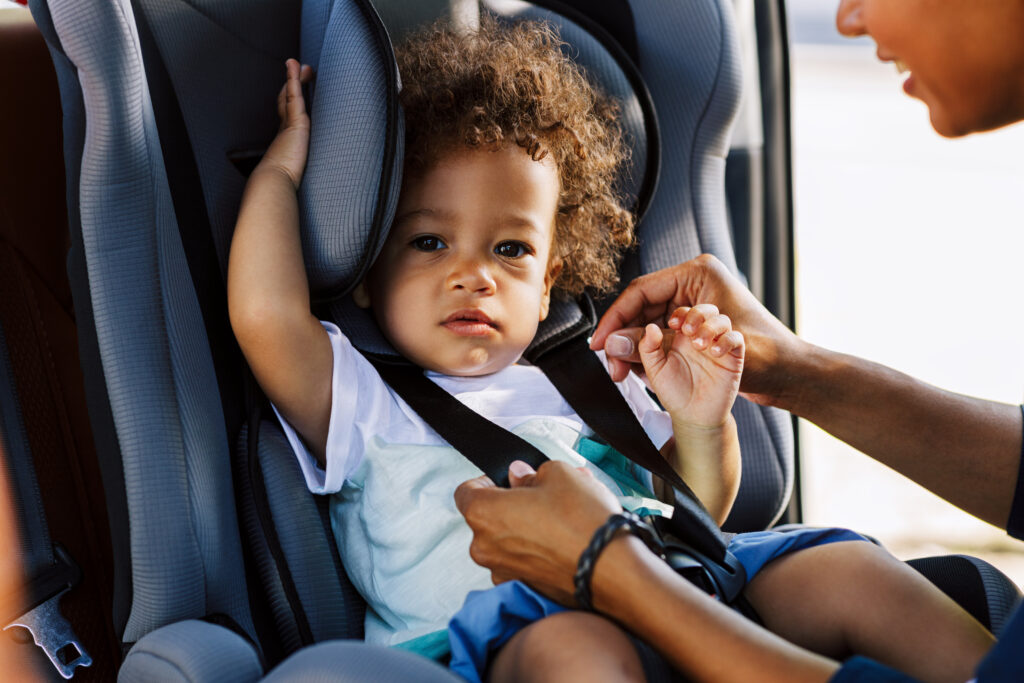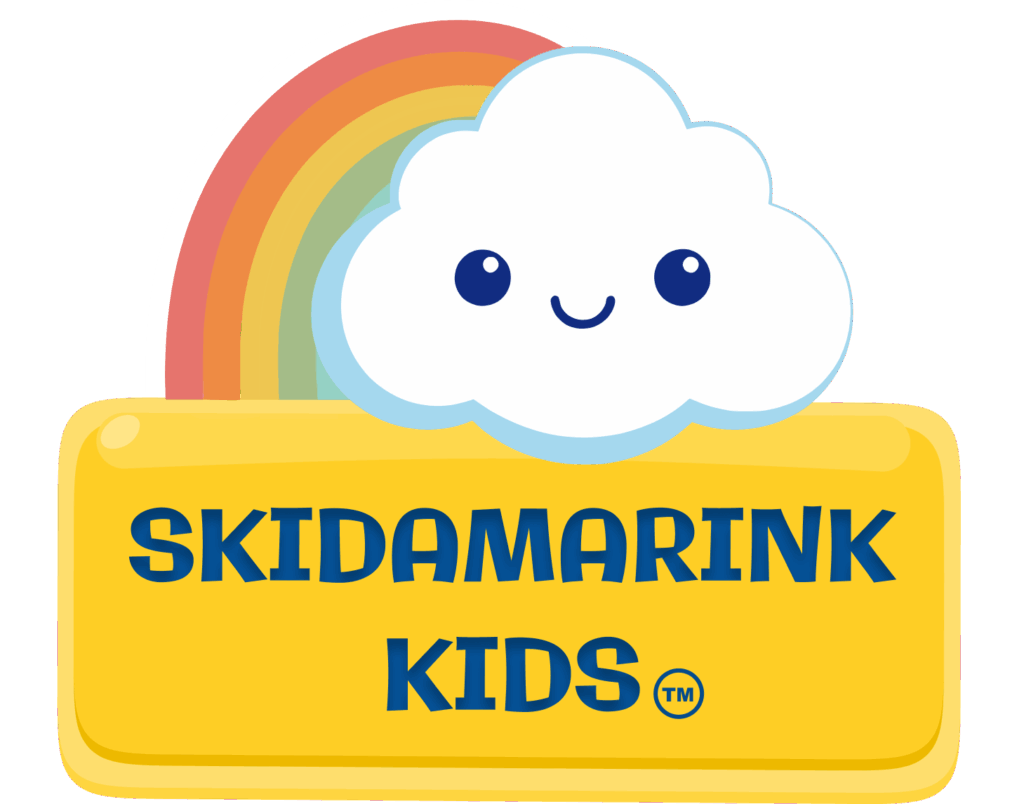Taking kids out in public can feel like preparing for battle some days, can’t it? One minute you’re excited about a fun family outing, and the next you’re wondering if you should just stay home in your pajamas forever. Every parent has been there standing in the grocery store while their toddler melts down when you won’t buy them cereal they wan, or trying to enjoy a restaurant meal while your preschooler practices their opera voice.
Here’s the thing: with some thoughtful planning and realistic expectations, those stressful outings can actually become enjoyable. Successful family adventures aren’t about having perfect kids (they don’t exist). They’re about being prepared, keeping expectations realistic, and having a game plan when things get challenging.
“Taking kids out in public doesn’t have to fill you with dread. With preparation and practical tools, these moments become memory-making adventures.”
Time Your Outings Right
- Schedule around nap times– tired kids and public spaces don’t mix
- Plan during their best mood windows– usually mid-morning for most children
- Consider meal schedules– hangry kids are unpredictable kids
- Keep outings appropriately short– their attention span is your time limit, not your to-do list
Choose Kid-Friendly Locations
Not all places welcome families equally, and some locations set you up for failure from the start. I learned this the hard way when I thought taking my energetic three-year-old to a fancy boutique was a good idea. It wasn’t.
Look for these features:
- Parks and playgrounds– designed for kids to be kids
- Less busy times at restaurants– quieter means less overwhelming
- Places with space to move freely– kids need to wiggle
- Establishments that welcome families– you’ll know these when you see them
Do a little reconnaissance mission first. Check the location online, read reviews from other parents, or do a quick drive-by during busy times to see what you’re getting into.
Be Prepared: Essential Packing for Taking Kids Out in Public
Let’s talk about packing for taking kids out in public. You don’t need to bring everything you own, but there’s a sweet spot between being prepared and looking like you’re moving house.
Basic Needs Kit:
- Weather-appropriate clothing and comfortable shoes
- Extra clothes and diapers for younger children
- Water bottles to prevent dehydration-related meltdowns
- Various snacks (chewy ones work magic for anxious kids)
- Small first aid kit with fun band-aids
- Sun protection and bug spray as needed
Entertainment and Comfort Items
- Pack a “On-the-go” travel bag just for outings (works like magic)
- Reserved toys that only come out during outings (novelty is your friend)
- Pack coloring supplies and small books for “sit still” moments
- Add fidgets, sensory bottles and small toys
- Calming music on headphones or small speaker
- Comfort items like a favorite small stuffed animal
The trick is keeping these items truly special. If they see them every day at home, they won’t have that magical factor when you really need it.

Communicate Plans Clearly
I used to think I could just surprise my kids with outings and they’d roll with it. That doesn’t always work so well.
My friend’s 4-year old had a meltdown at a fun festival in which we left. They told her she was going to ‘Paris”, we later realized she thought it was the Paris from her favorite TV show. They meant Paris, TX. It was a valuable lesson that we still laugh about!
Kids do so much better when they know what’s coming. A little prep talk at home can prevent a lot of drama later
Before you leave:
- Explain where you’re going in terms they understand
- Paint a picture of what they’ll see and do
- Set ground rules before you leave the house
Offer Age-Appropriate Control
Kids are tiny humans with their own opinions and preferences. When you give them small choices within boundaries you’re comfortable with, they feel heard and are more likely to cooperate with the big stuff.
Simple choices that build cooperation:
- Who to hold hands with (Mom or Dad)
- What to look at first when you arrive
- Which order to do activities in (within reason)
- What snack to have from two options
Involve Children in the Experience
The difference between an engaged kid and one who’s bored is night and day. When children feel like they’re part of the adventure instead of just along for the ride, everything goes smoother.
Engagement techniques when taking kids out in public:
- Create simple scavenger hunts for wherever you are
- Play classic games like “I spy”
- Give them little jobs that make them feel important
- Notice and praise the good stuff they’re doing
Wish you had help in the moment?
Our AI voice prompts and transition tools give you exactly what to say and do when your child starts melting down in public, [Get Tantrum Tamer →]
Preventing Public Meltdowns
Most parents become an expert at reading their child’s warning signs. You start recognizing that look in their eye or the way their voice changes right before things go sideways. The key is catching these signals early.
Early Warning Signs:
- Increased whining or complaining (volume keeps creeping up)
- Physical restlessness or fidgeting (can’t seem to settle)
- Growing irritability or mood changes (everything starts bothering them)
- Sensory-seeking behaviors (suddenly touching everything and getting louder)
Quick Intervention Strategies:
- Take some deep breaths together (they mirror what you do)
- Find a spot where they can move around
- Use timers for transitions (“Two more minutes, then we’re done”)
- Head somewhere quieter if possible
- Have them sip water for hydration and to regulate breathing pattern
- Break out the snacks before hunger strikes
- Pull out one of those special comfort items
For comprehensive strategies on managing meltdowns when they do happen, see How to Handle Tantrums in Children: Calm Responses That Work.
Environmental Adjustments
Sometimes the simplest changes make the biggest difference. When your child starts getting overwhelmed, small environmental tweaks can help reset their system.
Immediate Changes You Can Make:
- Move away from crowds when possible
- Find a quieter corner for a quick breather
- Step outside for some fresh air
- Change positions – if they’ve been sitting, let them stand
- Look for natural lighting instead of harsh fluorescents
Smart Solutions and Backup Plans
Let’s be real—some days you need to work smarter, not harder. There’s no shame in finding easier ways to get things done, especially when you’re still building everyone’s tolerance for public outings.
“You don’t need perfect kids for successful outings—just realistic expectations and a solid game plan.”
Practical Tips for Taking Kids Out In Public:
- Use grocery pickup for big shops, then practice with small trips
- Start with super short outings before attempting longer ones
- Tag team with your partner or ask family for backup
- Break long to-do lists into multiple shorter trips
- Practice transitions at home first—use timers, give warnings, and rehearse what will happen during the outing so your child knows what to expect
When challenges come up:
- Switch to simple calming activities you can do anywhere
- Have someone you can call for backup (and actually call them)
- Keep a shortened version of your plans ready to go
- Know how to make a graceful exit without feeling defeated
Age-Specific Strategies for Successful Outings with Children
Understanding why toddlers struggle with certain situations helps enormously. Why Do Toddlers Have Tantrums? Understanding Your Child’s Normal Development explains the developmental reasons behind their challenges in public spaces.
Toddlers: Keep It Simple and Short
Toddlers can act like small tornadoes of energy and emotion. Their brains are still figuring out how to handle all the input from the world around them. What seems simple to us can be completely overwhelming to them.
Toddler-specific approaches:
- Stick to one place at a time (their brains can only handle so much)
- Plan for lots of movement breaks (sitting still is torture at this age)
- Offer simple either/or choices: “Hold hands or ride in the stroller?”
- Keep trips short—really short (their attention span is your time limit)
Preschoolers: Build Independence
Preschoolers are starting to develop some self-control and can handle a bit more complexity. This is when you can start involving them more in the planning and execution of outings.
Preschooler strategies:
- Let them help with picture shopping lists they can follow
- Give them age-appropriate jobs that make them feel useful
- Set clear expectations they can realistically meet
- Use visual schedules for more complex outings
School Age: Increase Involvement
School-age kids can be amazing outing companions when they feel like partners rather than passengers. They’re developing real problem-solving skills and can handle more responsibility.
School-age approaches:
- Include them in the planning process (they’ll be more invested)
- Give them meaningful tasks that challenge them appropriately
- Extend outing times with built-in breaks
- Let them help solve minor problems that come up
Studies show focusing on teaching kids self-regulation skills can reduce challenging behaviors. This will improve your child’s ability to wait in line or sit in a resturant. Check out Child Self Regulation: The Brain Balance Key to Success, which explores how these skills develop. As well as Everyday Self Regulation Activities: Build Skills Daily to learn engaging activities for your child at any age starting at 6 months and up.
Building Long-Term Success in Taking Kids Out in Public
Success with family outings is definitely a marathon, not a sprint. Each positive experience builds on the last one, and over time, both you and your kids get better at navigating the world together.

Essential Strategies for Taking Kids in Public:
- Practice new approaches at home first (way less pressure)
- Start small and gradually work up to bigger adventures
- Celebrate the wins, even the tiny ones
- Keep expectations realistic for your child’s current stage
- Remember that some days will just be off days—that’s totally normal
Preventing Child Tantrums: Proactive Strategies That Work offers additional approaches you can use both at home and during outings to reduce meltdown frequency.
Ready to Make Public Outings Less Stressful?
Taking your child out doesn’t have to end in meltdowns. Tantrum Tamer gives you the tools to prepare your child before you leave and support them when things get tough:
✓ All Done Timer – Give advance warning before transitions (“2 more minutes at the playground!”) ✓ First…Then Tool– Set expectations before outings (“First grocery store, Then park”) ✓ Breathing Animations – Help both of you calm down before stress escalates ✓ AI Voice Prompts – Get the exact words to say when your child starts refusing to cooperate ✓ Way to Go Tool – Celebrate the moments that went well, even if the outing wasn’t perfect ✓ Parent Tips – Learn why tantrum Triggers and how to meet your Childs needs before you go
Stop dreading errands and start enjoying outings with your child. [Download Tantrum Tamer and get your first week free →]
Creating Positive Associations
Taking kids out in public successfully isn’t just about surviving the experience without major disasters. It’s about helping your children build the confidence and skills they’ll need to navigate the world as they grow up.
Key Reminders:
- Every successful outing builds their confidence for next time
- Your calm approach teaches them how to handle challenges
- Small positive experiences add up to big life skills
- It gets easier with practice for everyone involved
- Staying grateful and gracious with others helps you stay calm—and calm is contagious
Moving Forward with Confidence
Taking kids out in public doesn’t have to be something you dread or avoid altogether. Sure, there will be challenging moments (probably lots of them), but with some preparation and realistic expectations, you can create outings that everyone actually enjoys.
Learning to be comfortable in public spaces is a crucial life skill for children. Every positive experience you create together contributes to their growing independence and social confidence. You’re building family memories and showing them that the world is a place worth exploring.
Start wherever feels manageable for your family right now. Celebrate the small successes along the way and gradually expand your adventures as everyone’s skills and confidence grow. Before you know it, you’ll be the parent other families look at admiringly, wondering how you make it look so easy.
Understanding common triggers can help you prepare better for outings. Tantrum Triggers: What Sets Off Your Child’s Meltdowns helps you identify patterns that lead to dysregulation in public settings.
Want to Learn More
For more comprehensive information about managing challenging moments with children:
- Why Do Toddlers Have Tantrums? Understanding Your Child’s Normal Development
- Tantrum Triggers: What Sets Off Your Child’s Meltdowns
- How to Handle Tantrums in Children: Calm Responses That Work
- Preventing Child Tantrums: Proactive Strategies That Work
– Kendra








